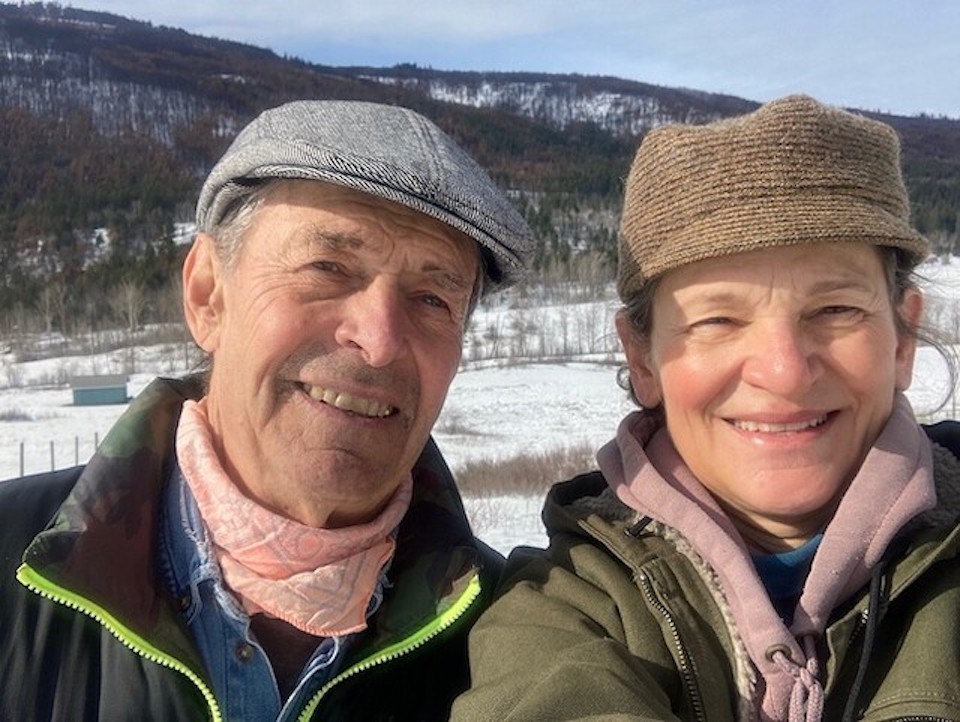Doug Bigelow says he's alive today because of the BC Ambulance Service.
The Vernon resident suffered a heart attack in January, and thanks to a pilot program in the Okanagan, he's here today to talk about it.
It was a Saturday afternoon, and Bigelow was moving firewood on his farm when the 76-year-old started experiencing chest pain.
"I've never had a heart attack before, so I was dwelling in denial, thinking I could shower and change before making my way into town," he recalls. "But within minutes, I knew I was in trouble – the pain was becoming really tough."
His wife, Kate, jumped into action and helped her husband into the passenger side of their truck. She planned on calling the hospital to alert them they were en route, but soon realized she didn’t have the number handy. So, she dialled 911.
"I'm someone who panics easily, but as soon as the guy on the line answered, he told me 'Don’t worry. We've got this,'" she says. "He was so steady and caring."
Rather than have the couple drive to the hospital, the call taker sent paramedics to meet them along the highway.
Fortunately for Doug, primary care paramedics in the Okanagan now have access to expanded cardiac monitoring in their ambulances as part of the Collaborative Heart Attack Management Program (CHAMP), a collaboration between BC Emergency Health Services, the Provincial Health Services Authority, Interior Health, and private foundations.
Launched last April, the program equips and trains paramedics to get crucial diagnostics of patients faster, allowing them to bypass the local hospital and take patients straight to advanced cardiac care in Kelowna.
"Seconds count when you're dealing with a heart attack," says Don Hagen, the advanced life support paramedic who treated Bigelow. "This program helped us get the patient the lifesaving care he needed the moment he arrived at the hospital."
Doug underwent an angioplasty in hospital, a procedure used to open blocked coronary arteries. While he says he suffered significant damage from the heart attack, it could have been much worse.
"If we had not have 911 ... when we did, and the paramedics hadn’t met us when they did, I probably wouldn't be alive today," he says.
BCEHS receives an average of 56,000 cardiac-related calls each year, ranging from chest pain to heart problems to cardiac arrests.
Gregory Vaal answered the 911 call that day.
"We work like detectives to finesse the medical information we need to paint a clear picture of what has happened or is happening with the patient. As an ambulance 911 call taker, who is also an advanced care paramedic, I quickly realized that the patient was likely experiencing a heart attack," says Gregory.
The responding paramedics included Jeremy Kroeker and Andrew Mcdonald.
A 27-year veteran, Kroeker says "staying calm and providing reassurance can make the biggest difference."
Anyone experiencing chest pain should call 911 immediately rather than drive to the hospital or doctor’s office. Paramedics can provide immediate life-saving care that can increase chances of survival.
If you're not experiencing a medical emergency, call 811 to speak with a registered nurse for confidential health information and advice, 24 hours a day, seven days a week.





